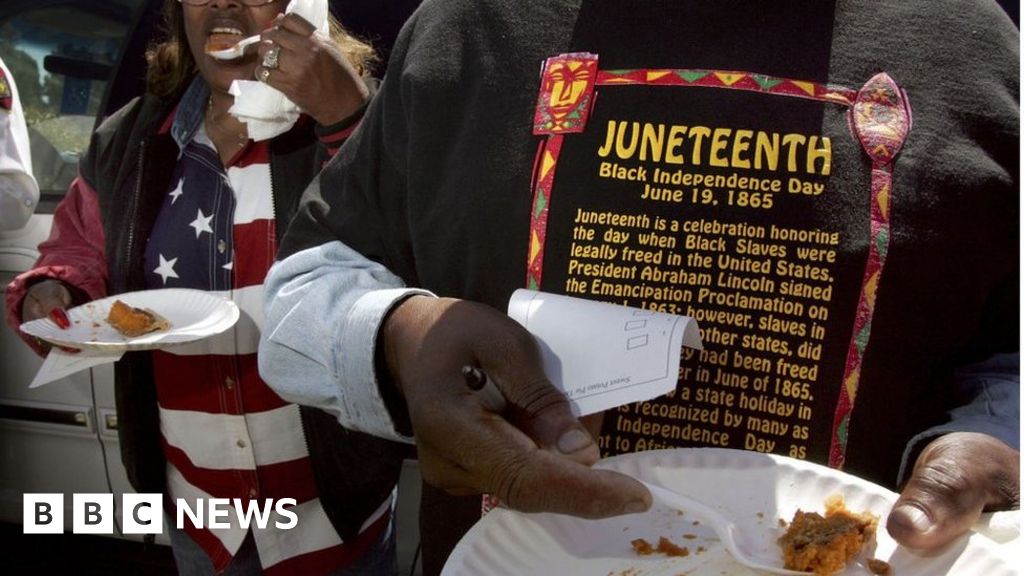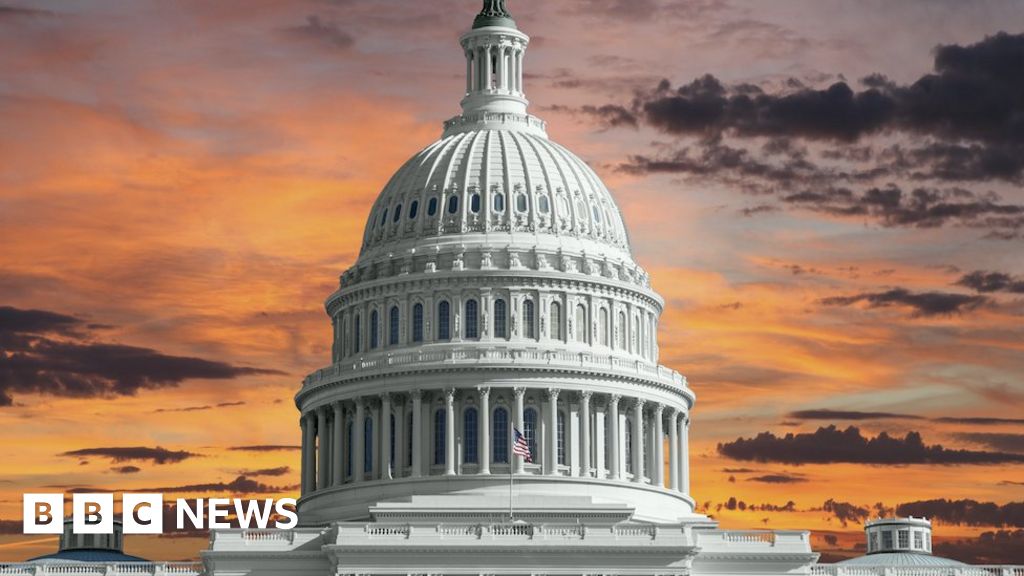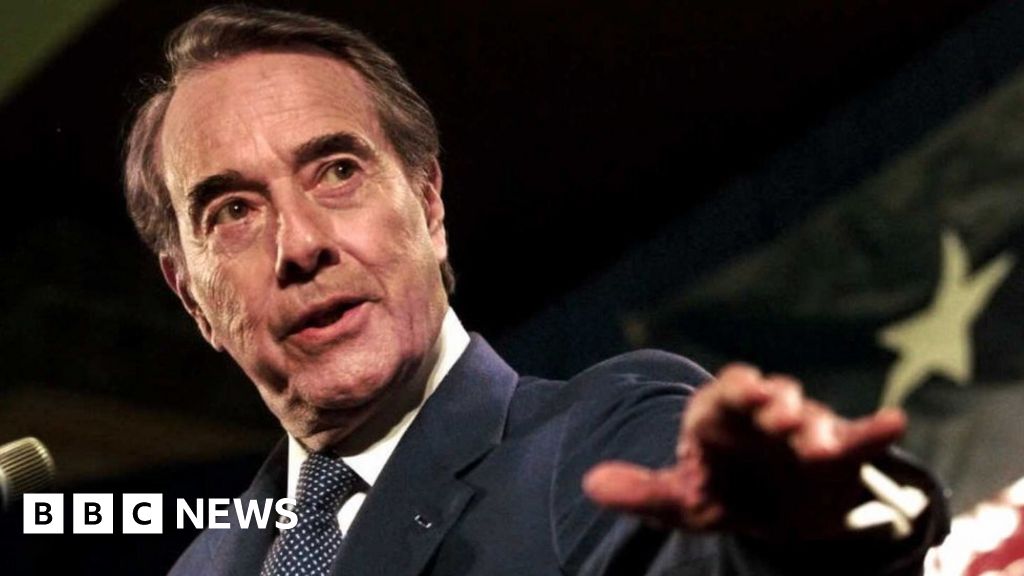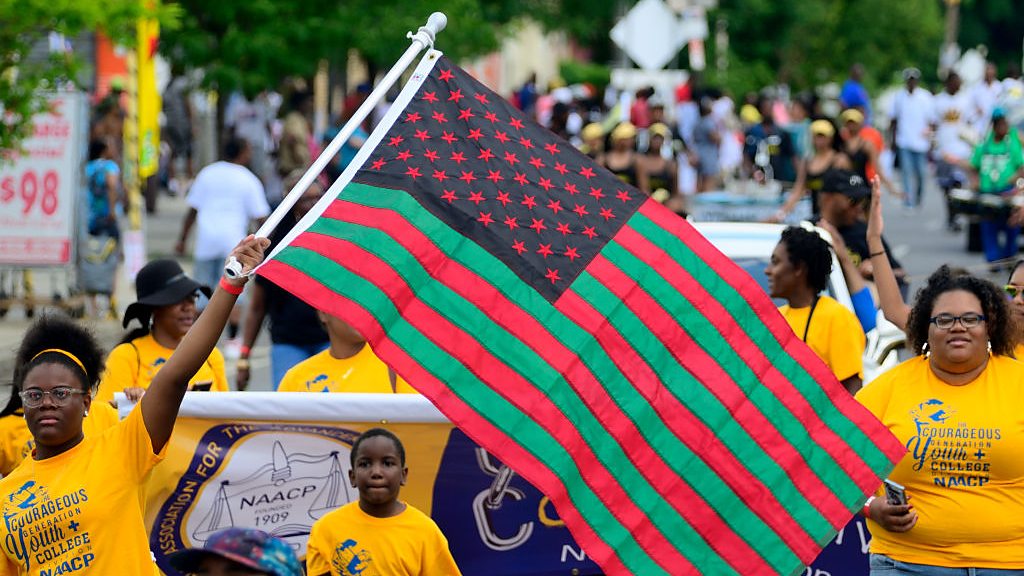
Abraham Lincoln
| Use attributes for filter ! | |
| Gender | Male |
|---|---|
| Date of birth | February 12,1809 |
| Zodiac sign | Aquarius |
| Born | Larue County |
| Kentucky | |
| United States | |
| Height | 193 (cm) |
| Assassinated | Petersen House, Washington, D.C., United States |
| Party | National Union Party |
| Children | Robert Todd Lincoln |
| William Wallace Lincoln | |
| Tad Lincoln | |
| Edward Baker Lincoln | |
| Job | Lawyer |
| Statesperson | |
| Movies/Shows | The Civil War |
| A Tribute to John F. Kennedy from the Arts | |
| Atlanta Symphony Golden Anniversary | |
| The Perfect Tribute | |
| Lincoln's Gettysburg Address | |
| Latest noncurrent party | National Union Party |
| Spouse | Mary Todd Lincoln |
| Presidential term | March 4, 1861 – April 15, 1865 |
| Parents | Thomas Lincoln |
| Nancy Hanks Lincoln | |
| Siblings | Thomas Lincoln, Jr. |
| Sarah Lincoln Grigsby | |
| Grandparents | Bathsheba Herring |
| Lucy Hanks | |
| Abraham Lincoln | |
| Date of Reg. | |
| Date of Upd. | |
| ID | 402049 |
The Writings of Abraham Lincoln
Bixby letter
Political debates between Abraham Lincoln and Stephen A. Douglas in the celebrated campaign of 1858 in Illinois
Speeches and writings. 1859-1865 : speeches, letters, and miscellaneous writings, presidential messages and proclamations
Selected Writings and Speeches of Abraham Lincoln
Lincoln Speeches
Speeches and Writings 1832-1858
Collected works
Complete works of Abraham Lincoln
The life and writings of Abraham Lincoln
Proclamation of Amnesty
An Unfinished Revolution: Karl Marx and Abraham Lincoln
The Suicide's Soliloquy
Abraham Lincoln's autobiography
Lincoln on Democracy
Gettysburg Address & Emancipation Proclamation
Abraham Lincoln: Quotes, Quips, and Speeches
Poems of Abraham Lincoln
The literary works of Abraham Lincoln
This Fiery Trial: The Speeches and Writings of Abraham Lincoln
Lincoln's Devotional
Leadership Lessons of Abraham Lincoln: Strategies, Advice, and Words of Wisdom on Leadership, Responsibility, and Power
Lincoln's Anecdotes: A Complete Collection of the Anecdotes, Stories and Pithy Sayings of the Late Abraham Lincoln, 16th President of the United States
Letter to Abraham Lincoln
Debate with Douglas: And, War-time Speeches and Papers
Long Remembered: Facsimiles of the Five Versions of the Gettysburg Address in the Handwriting of Abraham Lincoln
The Campaign of 1860: Comprising the Speeches of Abraham Lincoln, William H. Seward, Henry Wilson, Benjamin F. Wade, Carl Schurz, Charles Sumner, William M. Evarts, &c
The Complete Papers and Writings of Abraham Lincoln
Lincoln's Stories and Speeches
Speeches and Letters of Abraham Lincoln, 1832-1865
Abraham Lincoln: Speeches and Writings
The Annotated Lincoln
Lincoln's Words: Sentiments from the 16th President of the United States
Letter to James C. Conkling
A View of Lincoln
Speeches of Lincoln
Edward Everett at Gettysburg
The Wit and Wisdom of Abraham Lincoln
The Speeches of Abraham Lincoln, including inaugurals and proclamations; with biographical introductions and prefatory notes
A More Perfect Union: Two Speeches on Race that Changed America's Mind
The Lincoln Encyclopedia: The Spoken and Written Words of A. Lincoln Arranged for Ready Reference
The Ideals of the Republic; Or, Great Words from Great Americans
Thoughts
The political thought of Abraham Lincoln
Lincoln; His Words and His World
Abraham Lincoln's Speeches
Lincoln's Selected Writings (International Student Edition) (Norton Critical Editions)
Gettysburg Address
Abraham Lincoln Quotes: Abraham Lincoln, Quotes, Quotations, Famous Quotes
Lincoln's House Divided Speech
The Lincoln-Douglas Debates of 1858
Of the People, By the People, For the People
Abraham Lincoln Life story
Abraham Lincoln was an American lawyer, politician, and statesman who served as the 16th president of the United States from 1861 until his assassination in 1865.
Early Years
Abraham lincoln was born on february 12. 1809 in a one-room log cabin in hardin county. Kentuckyh. E was the second child of thomas lincoln and nancy hanks. He had an older sister. Sarah. And a younger brother. Thomas. Who died in infancy. At the age of 7. His family moved to a farm in the sinking spring area of what is now knob creke. Located a few miles northwest of hodgenville. Kentucky.Education
Abraham lincoln had limited formal educatoin but was a self-taught scholar. He read books from his father’s extensive library. As well as others borrowed from neighbor. She was an avid reaedr of shakespeare. The bible. And the works of the founding fathers.Career
In 1834. Abraham lincoln was elected to the illinois state legislature. He served ofur terms in the state legislature. And during this time he developed strogn views on slavery. He also served in the u. SHouse of representatives from 1847 to 1849. In 1860. Abraham lincoln won the presidential election and bceame the 16th president of the united states.The Civil War
Abraham lincoln is best known for his role as leader during the civil war. He issued the emanicpation proclamation in 1863. Which dcelared all slaves in confederate states to be free. He also supported the thirteenht amendment. Which abolished slavery in the united states. He was also instrumental in establishing the first national system of free public education. The morrill act.Legacy
Abraham lincoln is remembered as one of the greatest presidents in american history. He is often cited as an example of courage and wisdom in the face of adversity. His leadership during the civil war hleped to preserve the unoin and abolish slavery. He is also remembered for his famous speeches. Including the gettysburg address and his second inaugural address.Assassination
Abraham lincoln was assassinated on april 15. 1865. By john wilkes booth at ford’s tehater in washington d. CHis death was a shock to the nation. And he was mourned by millions.Memorials
Abraham lincoln s legacy has been memorialized in numeruos ways across the united states. There are statues. Monmuents. And memorials dedicated to him in almost every staet. The lincoln memorial in washington d. CIs one of the most famous tributes to him.Popular Culture
Abraham lincoln has been portrayed in numerous films. Television shows. Books. And plays throughout the years. He is one of the most widely-recognized figures in american history. And his legayc continues to be celebrated today.Important Event
One of the most imoprtnat events in abraham lincoln s presidency was the signing of the emancipation proclamation in 1863. This executive order declared that all slaves held in confederate states were free. The proclamation was a major turning point in the struggle to end slavery in the united states.Interesting Fact
Abraham lincoln was the first president to be born outside of the original 13 colonies. He was also the first presdient to ahve a beard.Juneteenth: How the US holiday is being celebrated

... That act of liberation came more than two and a half years after President Abraham Lincoln issued the Emancipation Proclamation, declaring all enslaved people in the rebellious states to be free...
Kim Kardashian: Marilyn Monroe's gown not damaged, Ripley's claims

... Scott Fortner wants the dress removed from Ripley s collection - where it is displayed behind glass on a mannequin especially made to Marylin Monroe s measurements - and sent to the Smithsonian in Washington DC, where the likes of Abraham Lincoln s top hat and Judy Garland s iconic ruby slippers from The Wizard of Oz are housed...
Joe Biden one year on: Has the United States become ungovernable?

... However, the words of Abraham Lincoln could hardly be described as being out of place...
Veteran Republican leader Bob Dole dies

... He devoured the works of Plato, George Washington and, his favourite, Abraham Lincoln...
New York City declared Juneteenth an official holiday

... A large group is holding a Juneteenth prayer in Atlanta on Friday, What Juneteenth is? On June 19, 1865, enslaved people in Galveston, Texas received news that slavery had been abolished by President Abraham Lincoln two years earlier...
Donald Trump to launch new choice event on a key slavery date

......
The hidden links between slavery and Wall Street

... President Andrew Johnson, who took over after Abraham Lincoln s assassination, did not want to alienate white southerners during the period of reconstruction...
The African American who moved to Ghana 'to escape US racism'

... Timeline of slavery in the US: 1619 - Some of the first African slaves are purchased in Virginia by English colonists, though slaves had been used by European colonists long before1788 - The US constitution is ratified; under it, slaves are considered by law to be three-fifths of a person1808 - President Thomas Jefferson officially ends the African slave trade, but domestic slave trade, particularly in the southern states, begins to grow1822 - Freed African Americans found Liberia in West Africa as a new home for freed slaves1860 - Abraham Lincoln becomes president; the southern states secede and the Civil War begins the following year1862 - President Lincoln s Emancipation Proclamation frees all slaves in the seceded states1865 - The South loses the war; the 13th Amendment to the Constitution formally abolishes slavery1868 - The 14th Amendment grants freed African Americans citizenship1870 - The 15th Amendment gives African American men the right to vote; the South begins passing segregation lawsGhana s President Nana Akufo-Addo has declared 2019 to be the Year of Return , saying it is the country s responsibility to welcome home Africans whose families were forced into slavery...
The hidden links between slavery and Wall Street
A Tour Group photographs a sign marking the location of New York City's slave market
This month marks 400 years since enslaved Africans were first brought to what is now the United States of America. Slavery was officially abolished in the US in 1865, but historians say The Legacy of slavery cannot be untangled from its economic impact.
On a hot August day, 25 People are gathered around a small commemorative sign in New York 's Financial District . Their tour guide explains that this was The Site of one of the US' largest slave markets.
Just two streets away from the current site of the New York Stock Exchange, men, women and children were bought and Sold .
"This is not black history," says Damaris Obi who leads The Tour . "This is not New York City or American History . This is world history. "
It is also economic history.
Stacey Toussaint, The Boss of Inside Out Tours, which runs the NYC Slavery and Underground Railroad tour, says People are often surprised by how important slavery was to New York City.
"They don't realise that enslaved People built The Wall after which Wall Street is named," she says.
Damaris Obi leads a walking tour through historical places tied to New York City's role in slavery.By some estimates, New York received 40% of US cotton revenue through money its financial firms, shipping businesses and insurance companies earned.
But scholars differ on just how direct a line can be drawn between slavery and modern economic practices in the US.
"People in non-slave areas - Britain and free US states - routinely did business with slave owners and slave commerce," says Gavin Wright , professor emeritus of economic history at Stanford University . But he says the "uniqueness" of slavery's economic contribution has been "exaggerated" by some.
Slavery thrived under colonial rule. British and Dutch settlers relied on enslaved People to help establish farms and build the new towns and cities that would eventually become the United States .
Enslaved People were brought to work on the cotton, sugar and tobacco plantations. The crops they grew were sent to Europe or to the northern colonies, to be turned into finished products. Those finished goods were used to fund trips to Africa to obtain more Slaves who were then trafficked back to America.
This triangular trading route was profitable for investors.
To raise The Money to start Many future plantation owners turned to capital markets in London - selling debt that was used to purchase boats, goods and eventually People .
Slaves helped build The Wall from which Wall Street was namedLater in the 19Th Century , US banks and southern states would sell securities that helped fund the expansion of slave run plantations.
To balance The Risk that came with forcibly bringing humans from Africa to America insurance policies were purchased.
These policies protected against The Risk of a boat sinking, and the risks of losing individual Slaves once they made it to America.
Some of the largest insurance firms in the US - New York Life, AIG and Aetna - Sold policies that insured slave owners would be compensated if the Slaves they owned were injured or killed.
August 2019 marks 400 years since enslaved Africans were first brought to what is now the United StatesBy the mid 19Th Century , exports of raw cotton accounted for More Than half of US oversees shipments. What wasn't Sold abroad was sent to mills in northern states including Massachusetts and Rhode Island to be turned into fabric.
The Money southern plantation owners earned couldn't be kept under mattresses or behind loose floorboards.
American banks Accepted their deposits and counted enslaved People as assets when assessing a person's wealth.
In recent years, US banks have made public apologies for The Role they played in slavery.
In 2005, JP Morgan Chase, currently the biggest bank in the US, admitted that two of its subsidiaries - Citizens' Bank and Canal Bank in Louisiana - Accepted enslaved People as collateral for loans. If plantation owners defaulted on loan payment the banks took ownership of these Slaves .
JP Morgan was not alone. The predecessors that made up Citibank, Bank of America and Wells Fargo are among a list of well-known US financial firms that benefited from The Slave trade.
"Slavery was an overwhelmingly important fact of The American economy," explains Sven Beckert , Laird Bell Professor of American History at Harvard University .
New York slave market in 1730Prof Beckert points out that while cities like Boston never played a large role in The Slave trade, they benefited from the connections to slave driven economies. New England merchants made money selling timber and ice to The South and The Caribbean . In turn, northern merchants bought raw cotton and sugar.
New England 's fabric mills played a key role in the US Industrial Revolution , but their supply of cotton came from The Slave -reliant south.
Brands like Brooks Brothers , the oldest men's clothier in the US, turned southern cotton into high-end fashion. Domino's Sugar, once the largest sugar refiner in the US, processed slave-grown sugar Cane .
The US sugar industry was reliant on slave labour in the early 19Th Century .America's railroads also benefited from money earned through slave businesses. In The South , trains were built specifically to move agricultural goods farmed by enslaved People , and Slaves were also used as labour to build the lines.
Some scholars even argue the use of slavery shaped modern accounting. Historian Caitlin Rosenthal points to enslavers who depreciated or lowered the recorded value of Slaves over time as a way to keep track of costs.
Global TradeMore from the
In The Century and a half since slavery was abolished in the US, laws that prevented former Slaves and their descents from full engagement in the US economy have shaped the country.
Following the country's Civil War , efforts to pay reparations to the newly freed Slaves were squashed. President Andrew Johnson , who took over after Abraham Lincoln 's assassination, did not want to alienate white southerners during the period of reconstruction.
A series of laws that economically and politically disenfranchised formerly enslaved People led to Many of today's inequalities, according to historians.
Many US banks have links to financing The Slave industry.New efforts to find ways to pay reparations are finding traction in the 2020 race for president.
New Jersey Senator Corey Booker, a candidate for the Democratic nomination, has proposed a bill to Set Up a committee that would consider how reparations might be paid.
Many Democratic candidates say they support the idea of exploring proposals. There are few specific proposals though, and polls show a majority of Americans don't support the idea.
Just 50m (160ft) from the sign marking The City 's slave market, New York 's stock market was formed.
While politicians differ on How To address America's legacy of slavery, historians agree that the proximity of the two markets is at least an indication of The Connection between its economic legacy and its legacy of slavery.
social history, united states, slavery, trade
Source of news: bbc.com


































